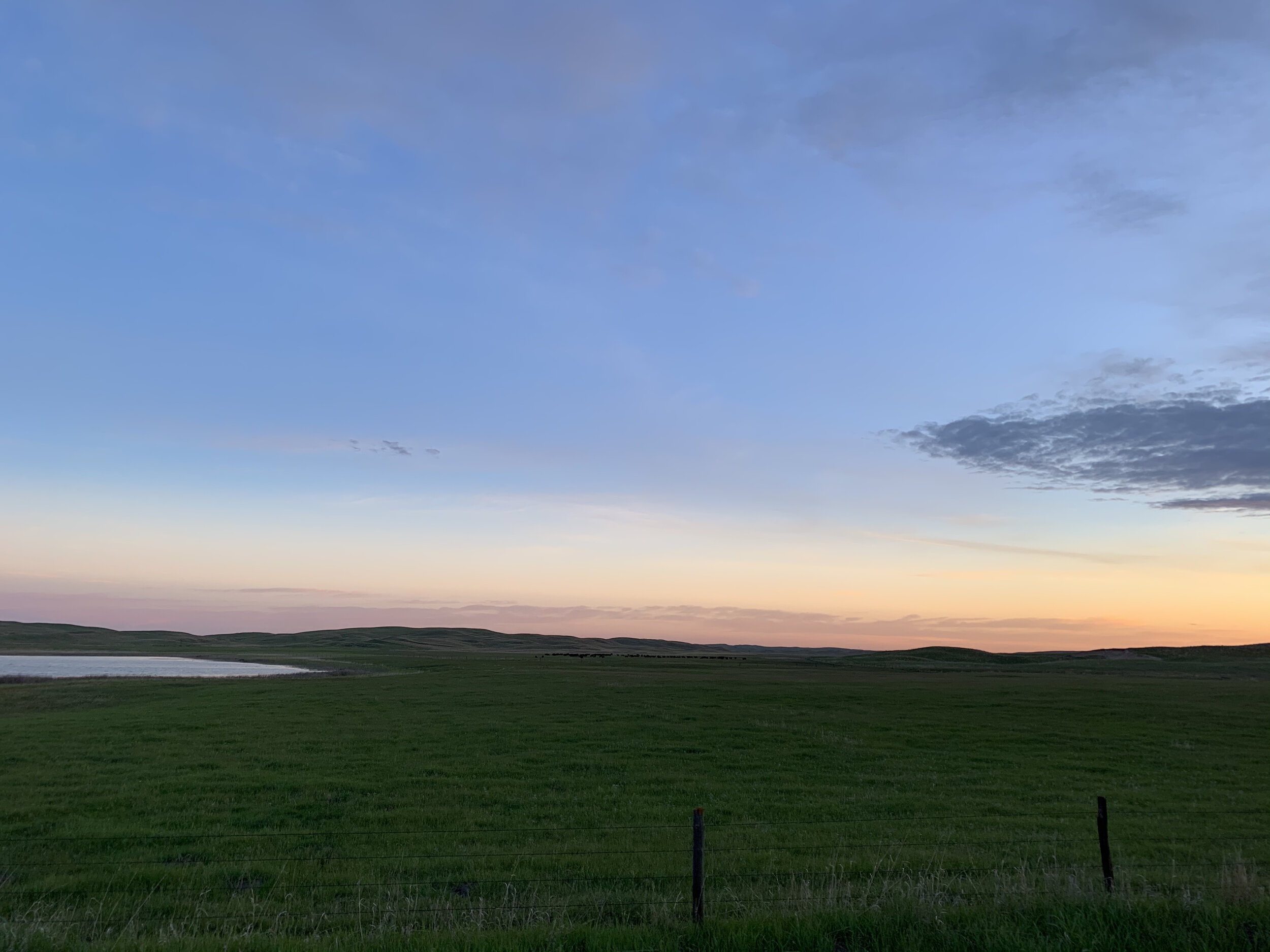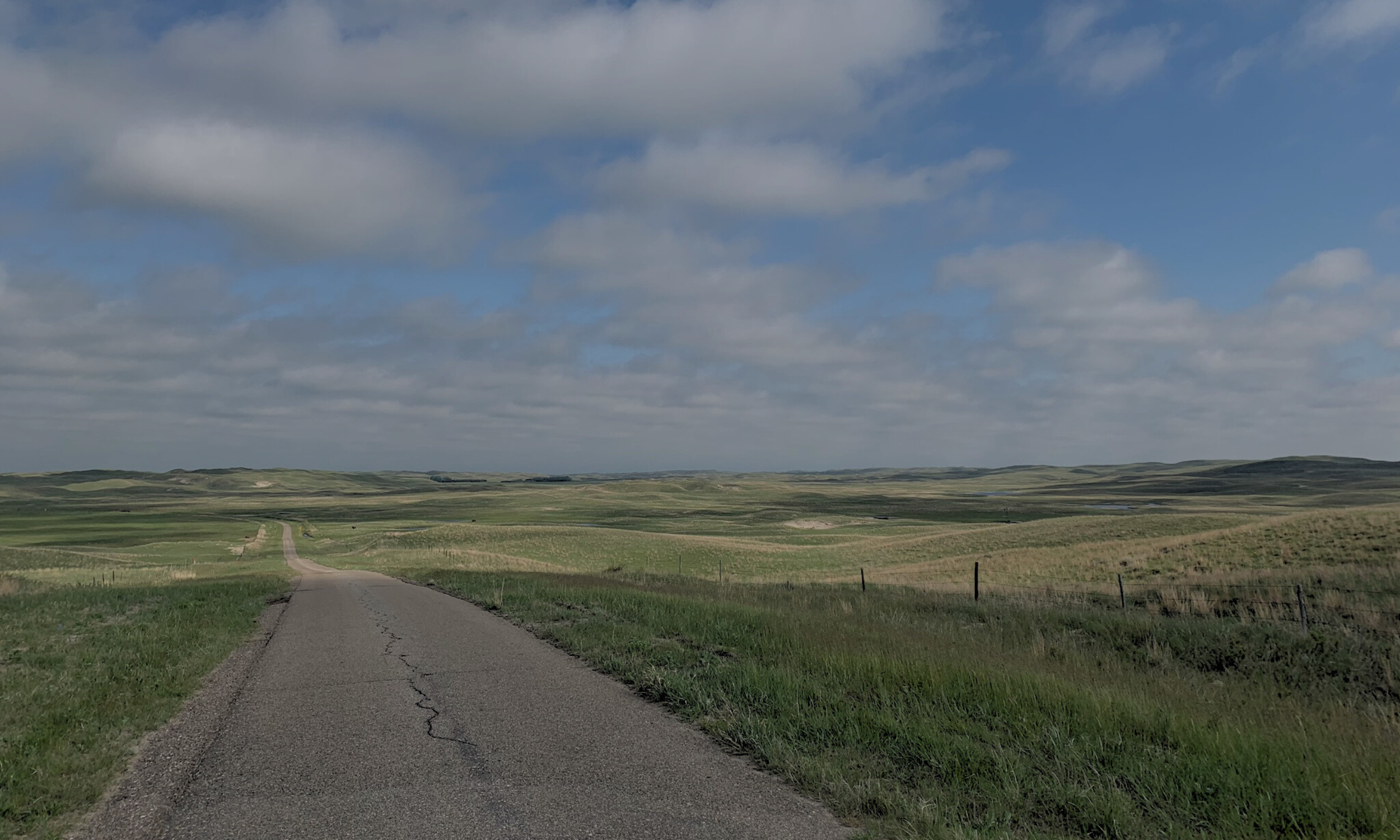The Rural Review
An online journal produced in conjunction with the Rural Reconciliation Project.
Álvarez-Montoya et al.: Neo-Rurals and Tourism in Southern Europe
In “Neo-Rurals and Tourism in the Context of Rural Crisis in Southern Europe. Case Study in the Sierra de Aracena (Andalusia, Spain),” authors José Manuel Álvarez-Montoya and Esteban Ruiz-Ballesteros (both Social Anthropology, Psychology and Public Health, Universidad Pablo de Olavide, Spain) explore the influence of neo-rurals and tourism on a rural Spanish community to highlight how an influx of newcomers can benefit rural areas.
Zuniga: Economic Development for Native Nevada
In Economic Development for Native Nevada: How Indian Gaming Can Further Tribal Self-Determination, author Makai Zuniga (J.D. Candidate, Nevada, Las Vegas Law) examines the historical and ongoing economic barriers faced by Nevada’s Indigenous tribes and proposes strategies for rural tribes to enter the gaming market despite restrictive regulations.
Event Summary: The Rural Lawyer with Professor Hannah Haksgaard
The Rural Reconciliation Project hosted Professor Hannah Haksgaard of the University of South Dakota Knudson School of Law to discuss her new book on rural attorneys in South Dakota.
The Rural Lawyer: How to Incentivize Rural Law Practice and Help Small Communities Thrive is the culmination of a series of interviews Professor Haksgaard conducted with South Dakota’s Rural Attorney Recruitment Program participants. These interviews highlight the experiences of participating attorneys, reveal the program's impact, and deepen understandings about what practice in rural communities looks like.
Alonso et al.: How Losing Services Fuels Rural Depopulation
In How Service Exclusion Affects Rural Depopulation. An Approach Based on Structural Equation Modeling, M. Pilar Alonso (Geography, History and History of Art, Universitat de Lleida), Pilar Gargallo, Jesús A. Miguel, Manual Salvador (all Applied Economics, Universidad de Zaragoza), Luis Lample (Accounting and Finance, Universidad de Zaragoza), and Carlos López Escolano (Geography and Territorial Planning, Universidad de Zaragoza) present an analysis of rural depopulation trends in the Aragon region of Spain.
Nickel et al.: Race, Rurality, and the Risk of Health Care-Associated Infections
In “Intersection of Race and Rurality with Health Care-Associated Infections and Subsequent Outcomes,” authors Katelin B. Nickel, MPH, Hannah Kinzer, MPH, Anne Butler, PhD, MS, Kren E. Joynt Maddox, MD, MPH, Victoria J. Fraser, MD, Jason P. Burnham, MD, MSCI, Jennie H. Kwon, DO, MSCI (all Washington University) examine how social and geographic factors such as race and rurality affect access to equitable healthcare.
Tomisich: Learning the Rural Practice of Law
In Learning the Rural Practice of Law, author Ashli R. Tomisich (Wyoming Law) discusses the lack of experiential learning in the law school curriculum and how this gap contributes to students being unprepared to enter rural practice.
Fikri: Persistently Poor, Left-behind, and Chronically Disconnected
In Persistently Poor, Left-behind and Chronically Disconnected, Kenan Fikri (Economic Innovation Group), provides an analysis of persistent poverty in places across the United States, focusing on multiple factors contributing to the disconnection [SE1] of these areas from the rest of the US. Disconnection refers to a lack of social and economic ties, leading to isolation from the greater economy.
Brooks et al.: Ethnoracial Diversity Across Nonmetropolitan America
In Uneven Growth and Unexpected Drivers of Ethnoracial Diversity across Nonmetropolitan and Metropolitan America, Matthew M. Brooks (Sociology and Center for Demography and Population Health, Florida State), J. Tom Mueller (Population Heath, University of Kansas Medical Center), Brian C. Thide (Agricultural Economics, Sociology, and Education and Population Research Institute, Pennsylvania State), and Daniel T. Lichter (Policy Analysis and Management, Cornell) bring attention to ethnoracial diversity in Nonmetropolitan America by providing an updated statistical portrait of ethnoracial diversity in the United States since 2000.
Borgias et al.: Unlikely Alliances in Rural-Urban Environmental Conflicts
In Unlikely Alliances in Action: Balancing Alignment and Autonomy in Rural-Urban Water Conflicts, Sophia Borgias (Public Service, Boise State University), Kate Berry (Geography, University of Nevada-Reno), and Dalten Fox (Arts and Sciences, University of South Alabama) emphasize the positive impact of “unlikely alliances” arising from efforts to tackle critical environmental issues. The authors employ a “place-based and historically embedded” approach to explore the internal dynamics of alliances among groups that have traditionally been in opposition.
Pavón-Benítez et al.: Stereotypes of the Rural Social Scene
In Eliminating Stereotypes: Villages as Desirable Spaces for Partying among Spanish Youth, Laura Pavón-Benítez, Nuria Romo-Avilés (both Women and Gender Studies, University of Granada, Spain), José Manuel Álvarez-Montoya (Social Anthropology, Basic Psychology and Public Health, University of Pablo de Olavide Sevilla, Spain), and Penélope Sánchez-González (Social and Cultural Anthropology, University of Granada, Spain) contrast the discourse and assumptions that young people have regarding sociocultural opportunities for social life in Spanish villages, specifically leisure activities in the form of partying and local festivals.
Green: Rural Development in the Digital Age
In Rural Development in the Digital Age: Exploring Information and Communication Technology through Social Inclusion, John J. Green (Agricultural Economics, Mississippi State University) addresses the Rural Sociological Society as President of the organization to encourage research into how information and communication technologies (ICTs) might foster social inclusion at the local and regional level, especially for often-overlooked places.
Clowney: Do Rural Places Matter?
In Do Rural Places Matter?, Stephen Clowney (University of Arkansas Law School) explores various arguments in support of continued investment in rural places. Clowney questions the strength of these arguments but ultimately endorses renewed investment in rural spaces by proposing a new approach to addressing the challenges facing rural communities.
Explore the Rural Review
Brief, objective summaries of new rural research across academic disciplines.
Collections of recent rural scholarship, news, and events.
Guest opinions, essays, research summaries, and other original content.
Original book reviews, creative reading lists, and further resources.
Summaries and announcements from recent programs and workshops.


















